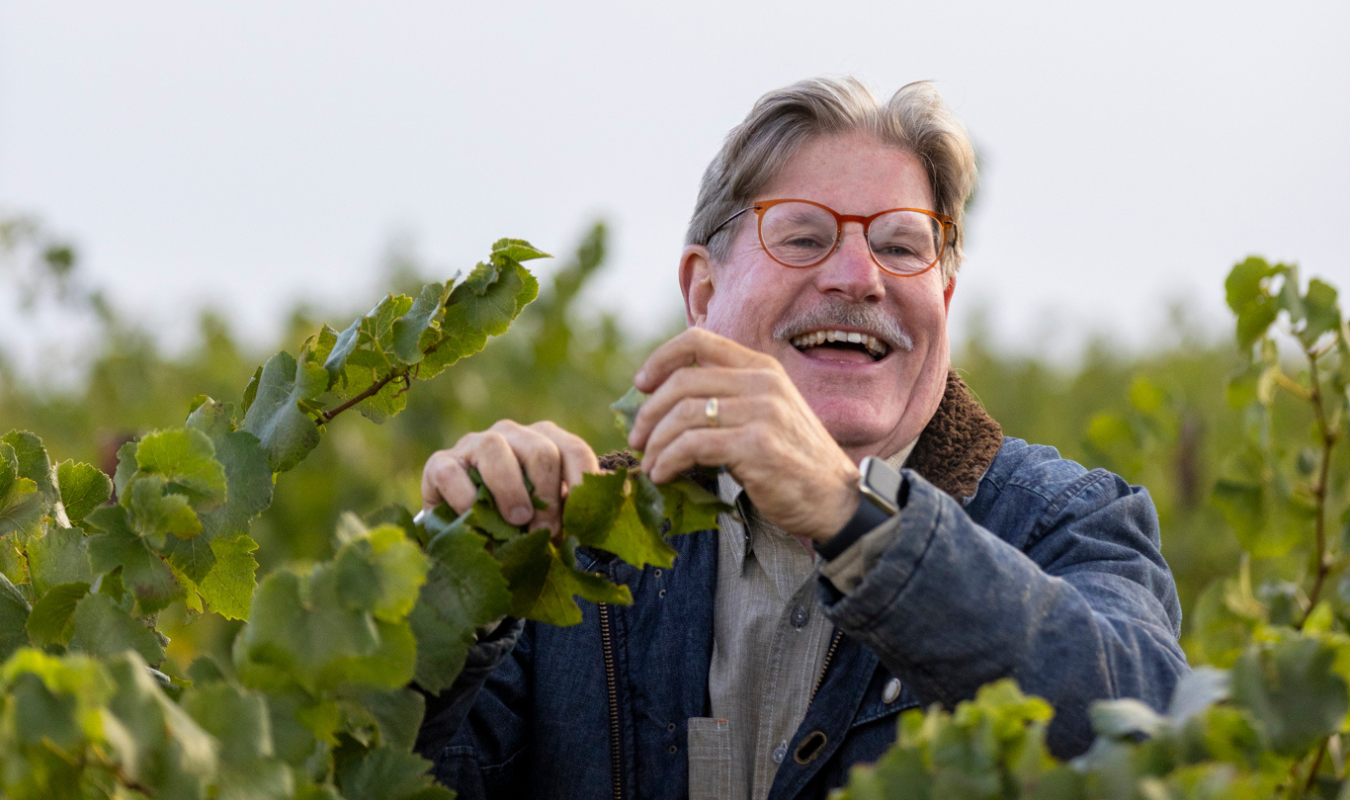Your FAQs to Organically Farmed Wines: A Wine Grower's Perspective

As the trend of sustainable living gains momentum, organically farmed wines are becoming a topic of increasing interest. With over 3 decades of hands-on experience in organic farming in the wine industry, Dan Morgan Lee, owner of Morgan Winery and wine grower for the Double L Vineyard, addresses common FAQs about organically farmed wines and offers unique insights into the practice.
What sets organically farmed wines apart from others?
Dan: Our organically farmed Double L Vineyard wines are crafted from grapes grown without synthetic fertilizers, pesticides, or herbicides. Instead, organic farming practices utilize natural techniques, ensuring a richer soil profile, effective pest management, and a healthy crop while being kinder to the environment. As a wine grower, this means committing to nurturing my vineyard and considering the long-term impact on the land.
What does the label "Made with Organically Grown Grapes" mean?
Dan: As a certified organic vineyard, we can confirm that it's all about the grapes. Wines that use grapes grown organically might not follow an entirely organic winemaking process. For instance, non-organic additives, such as sulfites or fining agents, may be used during production. Hence, you might come across wines that claim to be "made with organically grown grapes" but don't have the full "organic wine" label due to certain non-organic winemaking practices.
What is the organic certification process?
Dan: I'm proud to say the Double L Vineyard is the first and only certified organic vineyard in the Santa Lucia Highlands. This distinction requires meeting rigorous criteria and is governed by the United States Department of Agriculture (USDA). Unlike other certifications, certified organic is the only certification that adheres to a strict set of rules put forth by the USDA.
The process includes a thorough annual review of our vineyard practices, on-site inspections, and an evaluation of the soil and water quality.
Does an organic vineyard cost more to farm?
Dan: While organic materials aren't more costly than conventional non-organic additives, organic farming does require more labor and specialized expertise to adapt to the local climate, manage pests, and maintain good soil health. Furthermore, obtaining and maintaining an organic certification may add to your overall expenses, but it sends a powerful message to consumers about our commitment to worker's health and the environment.
What are the next steps in organic farming at the Double L Vineyard?
Dan: While the organic certification is certainly the most stringent, at the Double L Vineyard we've taken our organic farming further by adding an additional "Real Organics" certification. It exists to help buyers and consumers differentiate farms that are growing their animals and crops to not only the letter, but also the spirit of the certified organic standards. For us, I think it embodies our desire to go above and beyond the USDA standard to be good stewards of our land and our vines.
Through organic wine farming, we're able to expand the horizon within the wine industry while acknowledging the growing demand for eco-conscious, ethically sourced, and delicious wines. Morgan Winery is proud to be a leader in the organic farming movement in the Santa Lucia Highlands.
